Signed into law in 2022, the Sergeant First Class Heath Robinson Honoring our Promise to Address Comprehensive Toxics (PACT) Act has emerged as a crucial measure to expand benefits and healthcare from toxic exposure. This Act addresses the devastating consequences of toxic substances on human health. By examining the significance of the PACT Act, we can understand its role in safeguarding public health, promoting transparency, and fostering accountability for past environmental harms.
Section 804 of the PACT Act, also called the Camp Lejeune Justice Act of 2022, addresses the specific health concerns of individuals stationed at Camp Lejeune, a U.S. Marine Corps base in North Carolina. Between the 1950s and 1980s, the water supply at Camp Lejeune was contaminated with high levels of hazardous chemicals, most of which were carcinogenic. As a result, over a million people were exposed to contaminated drinking water and subsequent health issues among military personnel and their families, including those in utero.
Understanding the PACT Act and the Camp Lejeune Justice Act of 2022
The PACT Act is a groundbreaking new law designed to expand VA benefits and VA healthcare for veterans. Under the PACT Act, several key provisions have been established to prioritize veterans with a service-connected disability. These provisions include:
- Expanding the Presumptive Conditions Lists: Conditions that the VA automatically assumes or presumes to have been caused by military service are called presumptive conditions. Veterans are not required to prove their illness or condition is service related if it is on the list as long as they meet the service requirements for the presumptive condition. The PACT Act added more than 20 burn pit and other toxic exposure conditions to the presumptive conditions list.
- Extending Healthcare Eligibility: The PACT Act extends VA healthcare eligibility to veterans of the Persian Gulf War, post-9/11 conflicts, Vietnam, and veterans exposed to toxic substances. Furthermore, 31 VA healthcare facilities will be added nationwide.
- Enhanced Research and Coordination: The Act emphasizes thorough toxic exposure research and exposure impact on veterans. These research studies will examine the mortality rates among Gulf War veterans deployed in Asia, analyze health trends among post-9/11 veterans, and assess cancer rates on a broader scale.
For more detailed information on the PACT Act, read our blog “The PACT Act of 2022 Provides a Ray of Hope for Vets.”
The Camp Lejeune Justice Act of 2022 explicitly addresses those individuals harmed by contaminated water exposure at Camp Lejeune, North Carolina. The Act allows affected individuals to file a lawsuit for illnesses or conditions caused by contaminated waters. Individuals who can file suit include veterans, family members, and survivors (or their legal representatives). It is important to note that filing a lawsuit under the Camp Lejeune Justice Act of 2022 and being awarded compensation through the suit will not impact VA healthcare eligibility or impact current VA disability payment amounts. However, there may be an offset of any court-awarded compensation if you already receive VA compensation or health care services.
The PACT Act Impact on Camp Lejeune
Expanding Eligibility and the Presumptive Conditions List
Individuals who resided or were employed at Camp Lejeune or Marine Corps Air Station (MCAS) New River for at least 30 cumulative days from August 1953 through December 1987 and were not dishonorably discharged are eligible for healthcare benefits and disability claims. This includes guardsmen, reservists, and veterans. Previously, only veterans could seek compensation for conditions related to exposure. Now civilians with presumptive conditions caused by the contaminated water at Camp Lejeune are also eligible for benefits.
Typically for veterans to establish a VA disability rating, the disability must be directly connected to military service. However, there are several presumptive conditions in connection with Camp Lejeune. As the Department of Veterans Affairs assumes specific conditions or illnesses were caused by the Camp Lejeune water contamination, individuals who meet the service or residential requirements do not need to prove their presumptive condition was service related to obtain disability benefits. The presumptive conditions associated with Camp Lejeune are:
- Adult leukemia
- Aplastic anemia and other myelodysplastic syndromes
- Bladder cancer
- Kidney cancer
- Liver cancer
- Multiple myeloma
- Non-Hodgkin’s lymphoma
- Parkinson’s disease
Additionally, there are 15 other conditions related to Camp Lejeune, including breast cancer, female infertility, and miscarriage. If an individual meets the service or residential requirements and is enrolled in VA healthcare, they will receive medical services for these covered presumptive conditions at no cost.
Many conditions have been linked to contaminated water exposure at Camp Lejeune that the VA has not recognized as presumptive. If your condition is not listed above, it does not automatically mean it cannot be service connected.
The PACT Act and the Camp Lejeune Justice Act of 2022 have significant implications for those who were exposed to harmful contaminants at Camp Lejeune. If you believe your condition or illness is related to contaminated water at Camp Lejeune, contact us at Veterans Advocacy Law Group. Our VA disability benefits team may be able to help you obtain the disability compensation you deserve.


